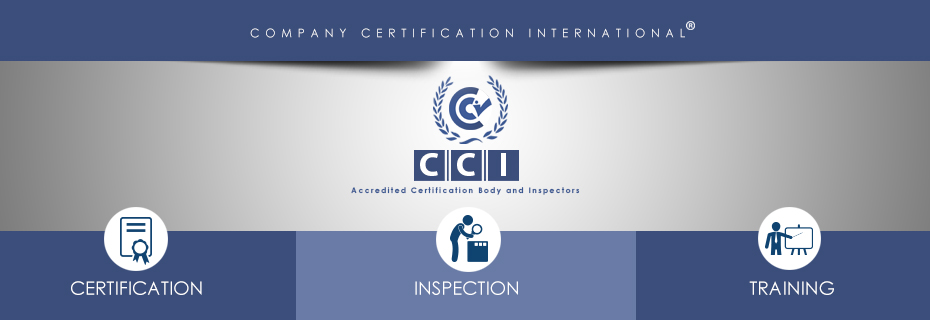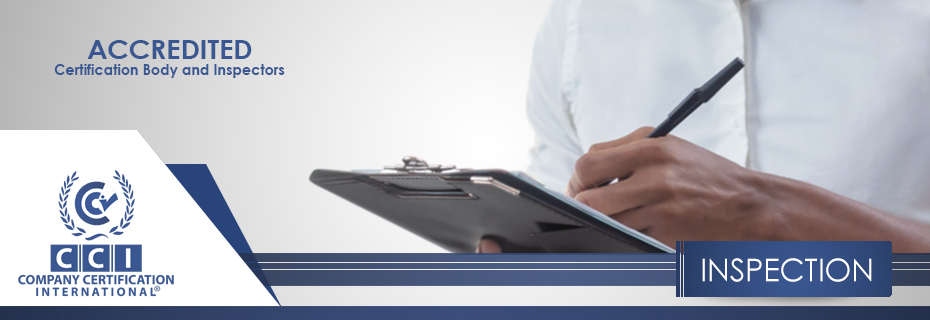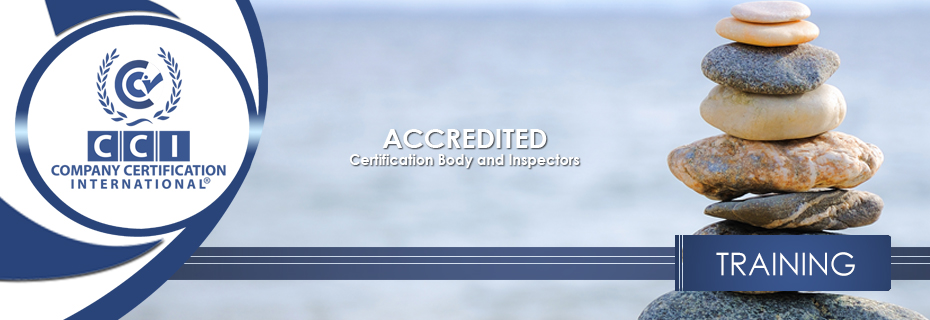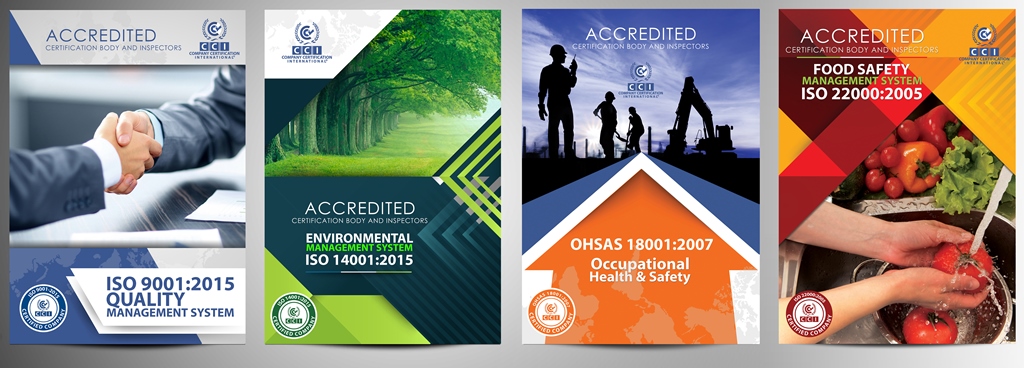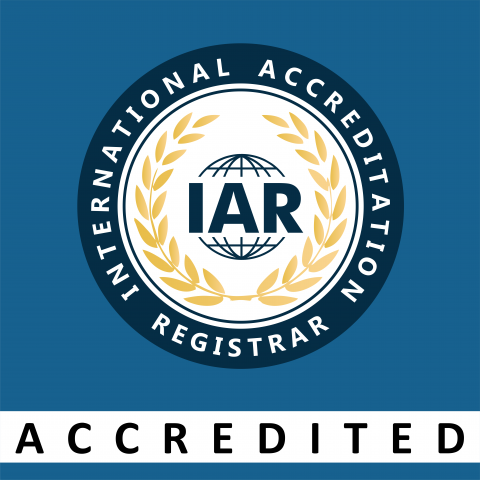CGMP ISO 22716
What is cGMP for Cosmetics? (ISO 22716:2007)
Current Good Manufacturing Practices (cGMP) for cosmetics, as defined by ISO 22716:2007, provide guidelines for the production, control, storage, and distribution of cosmetic products to ensure quality, safety, and regulatory compliance.
Unlike pharmaceutical cGMP, which is regulated by the FDA, ISO 22716 is an international standard recognized globally for ensuring consistent and safe manufacturing practices in the cosmetics industry.
ISO 22716 and cGMP Compliance
ISO 22716 integrates quality and risk management principles into every stage of the cosmetic manufacturing process, ensuring:
✅ Hygienic Production Environment – Preventing contamination and ensuring cleanliness
✅ Raw Material & Ingredient Control – Verifying quality, safety, and traceability
✅ Manufacturing Process Consistency – Standardizing production to avoid variations
✅ Packaging & Labeling Compliance – Ensuring correct product identification and safety information
✅ Storage & Distribution Management – Maintaining product integrity throughout the supply chain
ISO 22716 certification is essential for companies looking to export cosmetics to regions such as Europe, the USA, and other regulated markets that require proof of compliance with GMP standards.
Products Covered Under ISO 22716 cGMP Certification
ISO 22716 applies to all cosmetic and personal care products, including:
✅ Skincare Products (creams, lotions, serums)
✅ Haircare Products (shampoos, conditioners, hair treatments)
✅ Makeup & Cosmetics (foundations, lipsticks, powders)
✅ Fragrances & Perfumes
✅ Oral Care Products (toothpaste, mouthwash)
✅ Personal Hygiene Products (soaps, deodorants)
Who Needs ISO 22716 Certification?
Companies involved in the manufacturing, packaging, storage, or distribution of cosmetic products should obtain ISO 22716 certification to ensure regulatory compliance and consumer safety. This includes:
- Cosmetic Manufacturers & Private Label Producers
- Contract Manufacturers & Third-Party Manufacturers
- Raw Material & Ingredient Suppliers
- Cosmetic Packaging & Distribution Companies
Benefits of ISO 22716 Certification
✔ Ensures compliance with international regulatory requirements (EU, FDA, ASEAN, etc.)
✔ Enhances product safety and quality control
✔ Reduces risks of contamination, defects, and recalls
✔ Builds consumer confidence and brand reputation
✔ Expands global market access and export opportunities
The Certification Process
Online gap analysis allows us to see the current
- quality benchmark within your organization,
- the finances required
- the time required for this project (System and Certification Fee)
Your Estimate will be shared with you in 24 hours.
Upon Estimate Approval the project starts:
- A client executive is assigned to your project
- Contact information is shared with you
- The Payment details are provided to you
All Support is delivered Online.
The Client Executive will provide the Documentation Templates and explain to you how to amend it.
You will be required to perform the following tasks:
- Identify your core or business processes.
- Amend documentation that meets your business needs. (Policy statements, objectives, manuals, work instructions, job descriptions, forms.)
- Encourage employees to be aware of the new documented system
- Review, approve, and distribute the documents to those who need access to the information.
- Ensure procedures are being performed as documented.
- Ensure employees are trained properly for the tasks they are performing.
- Create effective reporting systems.
- Monitor the effectiveness of your processes through the use of measurable data, where possible.
- Review and take action to improve in the areas required.
- Plan internal auditing activities.
- Submit your management system documentation for review to ensure it complies with the applicable standard.
- Prepare for review by an external auditor to confirm that the system’s requirements are being satisfied and that the management system is implemented effectively.
- Obtain ISO Certifcaiton
- This periodic on-site review is usually conducted annually.
- It ensures that the certified business continues to comply with Standard requirements, as confirmed during the Recertification Audit at the certification cycle's outset.
- Most are conducted remotely.
Refer to learn more about Types of Audits


